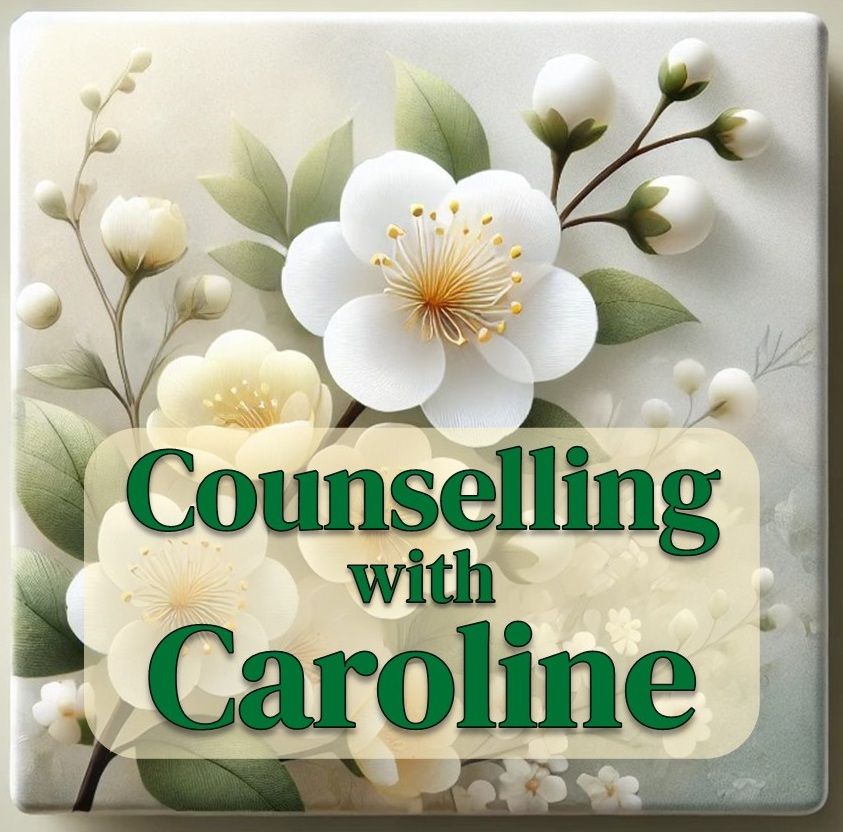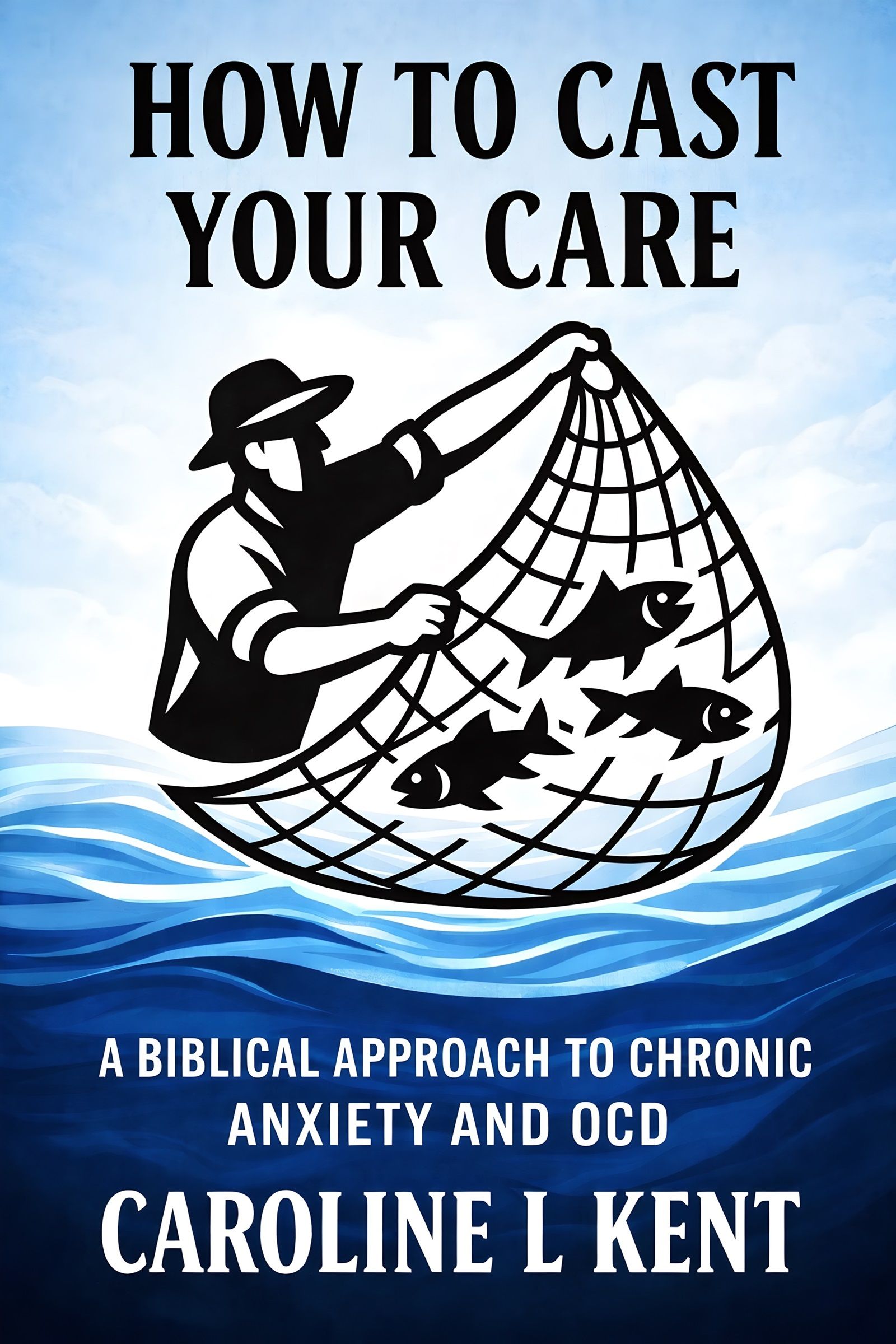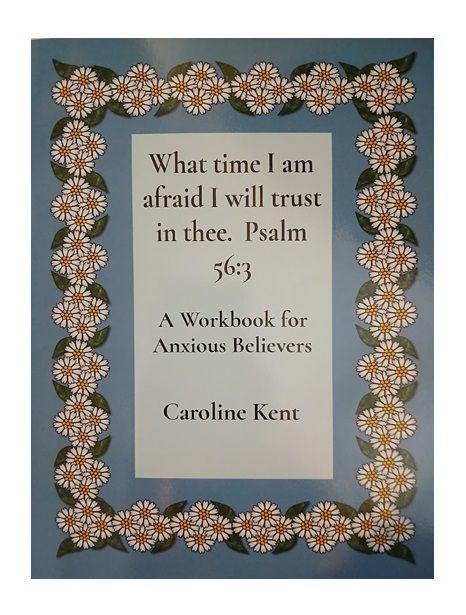Abuse
Introduction
Abuse takes many forms — physical, emotional, spiritual, and social. It is the sinful misuse of authority, strength, or influence to harm, control, or diminish another person. Richard Baxter, in A Christian Directory, speaks strongly against all such oppression, whether in the home, the church, or society. He warns abusers of God’s judgment and comforts the abused with God’s promise of justice.
Scripture Focus
- “Fathers, provoke not your children to wrath: but bring them up in the nurture and admonition of the Lord.” (Ephesians 6:4, KJV)
- “Husbands, love your wives, even as Christ also loved the church, and gave himself for it.” (Ephesians 5:25, KJV)
- “Masters, give unto your servants that which is just and equal; knowing that ye also have a Master in heaven.” (Colossians 4:1, KJV)
- “The Lord executeth righteousness and judgment for all that are oppressed.” (Psalm 103:6, KJV)
List of Relevant Scriptures
- Exodus 22:21–24 – God’s wrath against oppressors.
- Psalm 72:12–14 – God delivers the needy from violence.
- Proverbs 14:31 – Oppressing the poor reproaches God.
- Isaiah 1:17 – Seek justice, correct oppression.
- Malachi 2:16 – God hates treachery and violence in marriage.
- Matthew 18:6 – Woe to those who cause little ones to stumble.
- Romans 12:19 – Vengeance belongs to God.
- Colossians 3:19–21 – Husbands not to be bitter, parents not to provoke.
- James 5:4 – The cries of the oppressed reach the Lord of hosts.
Overview of the Biblical Teaching on This Issue
The Bible teaches that all human authority is delegated by God and must be exercised for the good of others, never for harm. To abuse another person is to rebel against God’s order and to invite His judgment. Scripture consistently presents God as the defender of the oppressed, the avenger of the wronged, and the One who calls His people to justice, mercy, and love.
In marriage, husbands are commanded to love sacrificially, not to dominate or harm. Parents are called to nurture, not provoke. Masters must act justly, not cruelly. The church must protect the weak, not exploit them. Abuse in any form — physical, emotional, sexual, or spiritual — is a perversion of God’s design and contrary to the gospel of Christ.
Pastoral Guidance
Drawing from Richard Baxter’s counsel:
- To Abusers: Baxter warns husbands not to be “tyrants over their wives, nor abuse them by cruelty or contempt,” and parents not to “abuse their power by over-rigour or unmercifulness”¹. Masters and landlords are also warned against grinding down those under their care. Abuse, in his words, makes one “a tyrant, a robber, and cruel,” and God Himself will avenge it.
- To the Abused: Baxter counsels patience and forgiveness, but also insists that believers may seek lawful relief. Wives facing “intolerable injuries, dangers, or cruelties” may lawfully separate². Children must obey only “in all things lawful,” never in sin³. Servants may seek just remedies if their ability to serve God is destroyed.
- Spiritual Guidance: The abused are reminded to entrust themselves to God’s justice: “If you suffer wrong, see that you wrong not others because they wrong you… but commit yourselves to Him that judgeth righteously”⁴. Christ Himself, who suffered abuse unjustly, is both our example and our refuge.
Further Reading
- Richard Baxter, A Christian Directory, Part II, Ch. IX (“Directions for Family Duties”), Part IV, Ch. IX (“Directions for the Forgiving of Injuries and Enemies”), and Part IV, Ch. XX (“Directions against Oppression”).
- John Flavel, The Mystery of Providence (esp. on God’s care for the afflicted).
- Thomas Watson, The Godly Man’s Picture (sections on meekness and mercy).
- Jeremiah Burroughs, The Rare Jewel of Christian Contentment (help for those suffering wrong).
- Modern: Edward Welch, When People Are Big and God Is Small (on fear, control, and abuse).
Footnotes
- Baxter, A Christian Directory, Part II, Ch. IX.
- Ibid., Part II, Ch. IX, “Directions for Family Duties.”
- Ibid., Part II, Ch. IX, “Directions to Children.”
- Ibid., Part IV, Ch. IX.





